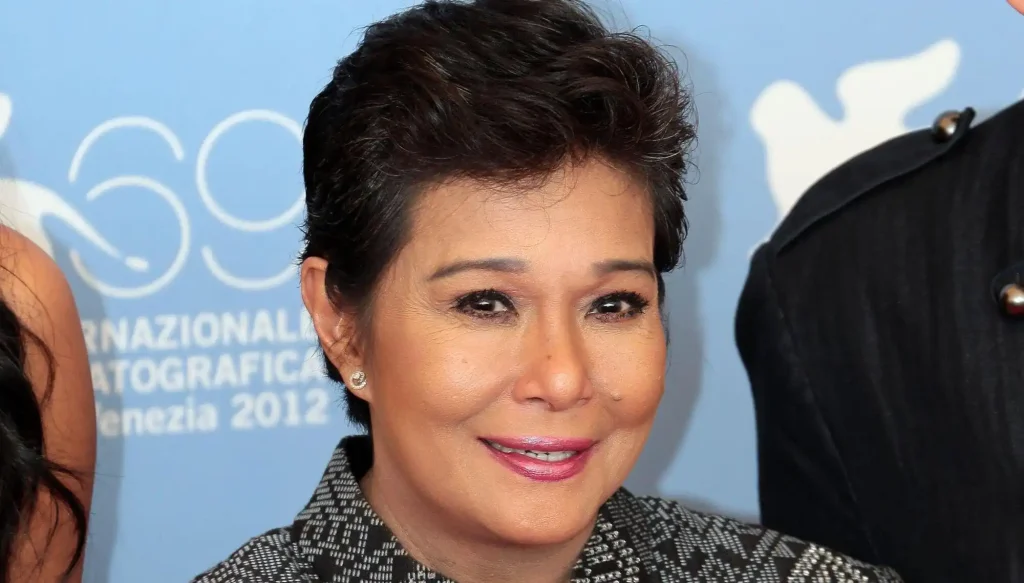Legal Challenge to the Appointment
In December 2024, three plaintiffs—Daudu Adeku-Ojiah, Hussain Yusuf, and Abdulrahaam Suberu—filed a lawsuit challenging the appointment of Ahmed-Anaje as the Ohinoyi of Ebiraland. Represented by their legal counsel, Lawal Rabana (SAN), the plaintiffs named Governor Ahmed Ododo, the State Attorney General Muzi Abdullahi, and Ahmed-Anaje as defendants in the case, which was initially heard in Okene before being transferred to Lokoja.
The plaintiffs contended that the procedure leading to Ahmed-Anaje’s appointment was improper and unlawful. They argued that it violated the “Procedure of Ascension to the Throne of Ohinoyi of Ebira Land, Edict No 3 of 1997,” which outlines the guidelines for such appointments. Additionally, they claimed that the recommendation of Ahmed-Anaje by unidentified kingmakers to the governor contravened Section 4(1) of the “Chiefs (Appointment, Deposition, and Establishment of Traditional Councils in Kogi State) Law, 2006,” rendering the appointment null and void.
Court’s Verdict and Implications
Presiding over the case, Justice Umar Salisu upheld the plaintiffs’ arguments. In his judgment, he ordered Ahmed-Anaje to vacate the throne and refrain from presenting himself as the Ohinoyi of Ebiraland. The court emphasized the need for a fresh selection process by the legitimate kingmakers of Ebiraland to ensure adherence to established legal and traditional procedures.
Government’s Response and Planned Appeal
In response to the judgment, Governor Ododo called for calm among the state’s residents. The State Attorney General, Muzi Abdullahi, expressed the government’s intention to appeal the decision. He stated, “We are confident that there will be a reversal of the judgment. The citizens should exercise restraint not to do anything contrary to the law.” Abdullahi further noted that the government disagreed with the judgment, citing the court’s failure to consider certain objections raised during the proceedings. He confirmed plans to file a notice and grounds of appeal challenging the court’s decision.
Background: The Ohinoyi Stool and Selection Process
The Ohinoyi of Ebiraland is the paramount traditional ruler of the Ebira people, a significant ethnic group in Kogi State. The title has historically rotated among the major clans of the Ebira, with no established line of succession. The selection process involves a group of elders and kingmakers who assess eligible candidates based on established customs and edicts.
Following the death of the previous Ohinoyi, Abdul Rahman Ado Ibrahim, in October 2024 at the age of 94, the process to select a new ruler commenced. Over 70 candidates from four of the five eligible districts in Kogi—Okewe, Ohema, Erika, Aganiye, and Adavi—were screened by a committee to fill the vacant stool. Ahmed-Anaje was appointed by former Governor Yahaya Bello in January 2024, a decision that has now been nullified by the court’s recent judgment.
Implications for Traditional Institutions in Nigeria
This legal development underscores the intricate relationship between traditional institutions and the judiciary in Nigeria. It highlights the necessity for adherence to established laws and customs in the appointment of traditional rulers. The case serves as a reminder of the potential for legal challenges when due process is perceived to be compromised. It also reflects the evolving role of traditional institutions within the modern legal framework of Nigeria.
Next Steps: Awaiting the Appeal
As the Kogi State government prepares to appeal the judgment, the people of Ebiraland await further developments. The outcome of the appeal will have significant implications for the traditional leadership structure in the region. In the interim, the directive for a fresh selection process by the legitimate kingmakers aims to restore confidence in the traditional institution and ensure that the appointment of the Ohinoyi aligns with both legal and cultural expectations.
Conclusion
The removal of Ahmed-Anaje as the Ohinoyi of Ebiraland by the Kogi State High Court marks a pivotal moment in the state’s traditional leadership dynamics. It emphasizes the critical importance of following due process and respecting established laws and customs in the selection of traditional rulers. As the situation unfolds, it remains essential for all stakeholders to uphold the rule of law and work collaboratively towards a resolution that honors the rich cultural heritage of the Ebira people.













